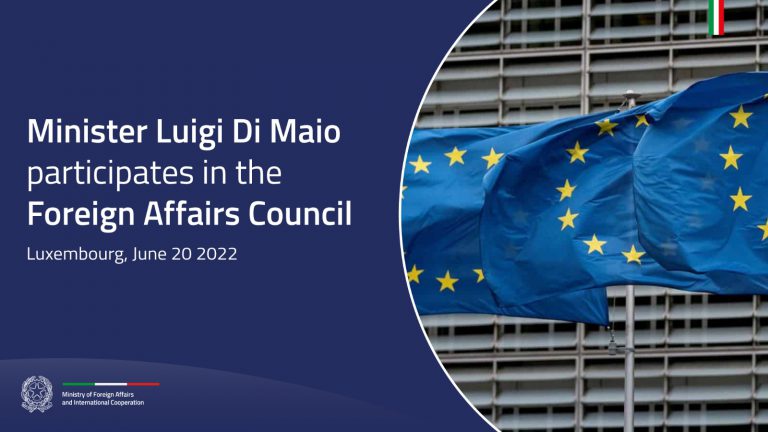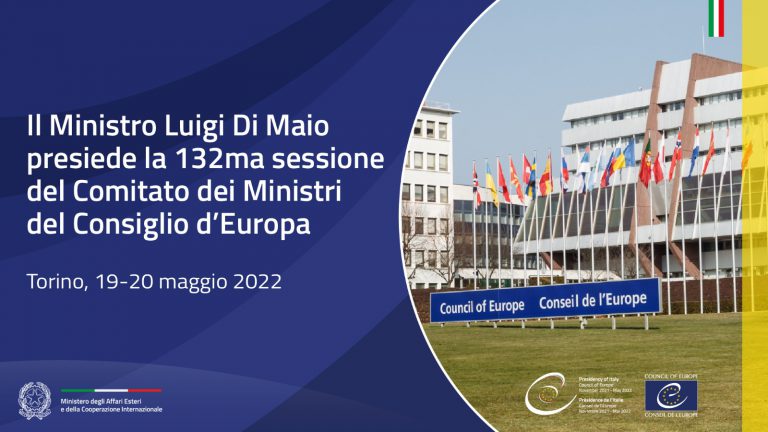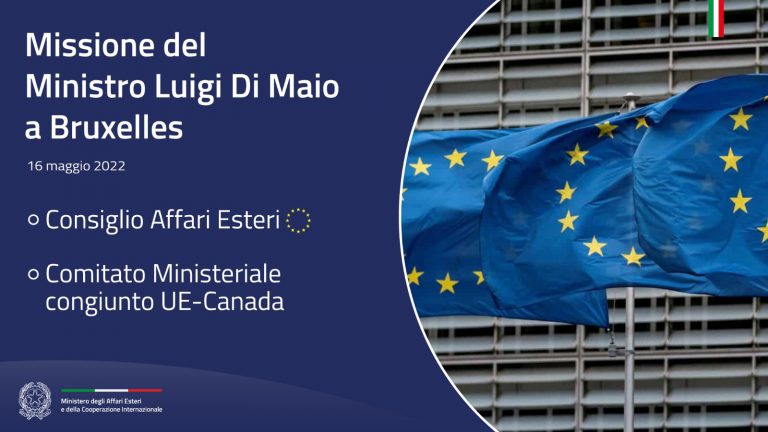A courageous pro-European manifesto in an era of populist simplifications, of a push towards disintegration in an unprecedented crisis in the European project. This is the subject of “Europa, politica e passione” (“Europe, Politics and Passion”), the book written by Giorgio Napolitano which builds a bridge between the past, present and future. It traces the main steps in the integration of Europe and recalls the ideals and the events that inspired a political passion for Europe, also in Italy.
The book also focuses on the dramatic ongoing crisis, characterised by challenges in opposing directions, the first of which is the existential crisis arising from the immigration flows. It ends with a sign of confidence in the future, arguing in favour of the reasons of a Europeanism that is called upon to deeply renew its policies while remaining faithful to its traditional values.
Napolitano outlines a three-lane course of action in order to rescue our continent from the “perfect storm” in which it navigates and re-establish a “European responsibility and solidarity” that, as Antonio Giolitti put it, is the very grounds of Europe’s unity. Firstly, he invites readers to resist a two-fold temptation: to make a clean sweep of what has been built up to now on the one hand and to surrender to catastrophism on the other. Secondly, he underscores the importance of clarifying the future of the European project, also to effectively and far-sightedly meet the challenges facing us: immigration, terrorism, inequalities and unemployment and the governance of the euro. Regardless of what comes out of the British referendum, this means overcoming the nostalgic aphasia that has struck pro-European forces and finding a way of pushing towards an “ever-closer Union” the Countries that are ready to do so. Lastly, in the face of populist and Euro-sceptic movements, Napolitano calls for the birth of a new pro-European political will through the courageous exercise of leadership. To this end, he especially calls on social-democratic forces, warning that: “today Europe needs for everyone who believes in its values and feels its unity to be an imperative to take up courage and risk it.” A stronger and more united Europe is not only an ambitious aspiration. Today it is an act of political realism; the realism that, as Napolitano reminds us, underpinned Spinelli’s grand vision and is echoed in the words of Helmut Schmidt: “If we want to hope that we Europeans have any significance for the world, then it can only be achieved together.”
It is a vision that we embrace, in the conviction that without a good dose of optimism, the European project will be doomed to stagnation. Therefore the time has now urgently come to give a concrete and “solidarity-based” response to issues that directly affect the lives of citizens, starting from the crisis for which Italy’s Migration Compact proposal represents an opportunity to overcome unacceptable delays and resistance. In perspective, it is time to work for a Europe with “concentric circles”, effectively organising different levels of integration in a way capable of having an immediate impact on the challenges created by the Mediterranean and Africa. The dithering Europe of small steps forward must be followed by the realism of big steps forward, starting with the spirit and the work of the group of the “Six Founding Countries” that I convened in Rome a short while ago, also in view of March 2017, when we are due to celebrate the 60th anniversary of the Treaty of Rome.






